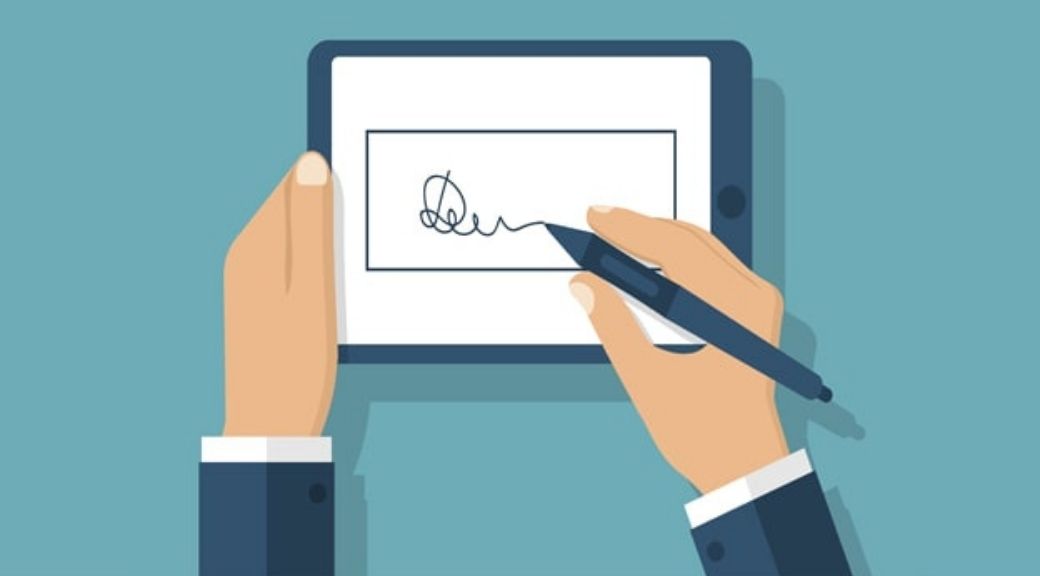Both the digital certificates and the digital signatures can be used if you have a certificate automation system on your computer server. Before knowing the difference between digital certificates vs. digital signatures, let’s know a little bit about both of them individually.
Recommended: Best Cheap SSL Certificates Providers

What is Digital Certificate?
A digital certificate is considered to be an electronic password or digital ID which allows a person or organization to exchange data securely over the internet with the help of public key infrastructure (PKI). It is also known as the public key certificate or the identity certificate as well.
Having a digital certificate also provides an individual or organization certain securities such as access control, identification/authentication, integrity, non-repudiation and last but one of the most important is confidentiality.
Digital certificates are used by a person to identify himself as a genuine person to another one while communicating with each other.
What are Digital Signatures?
Digital signatures are similar to handwritten signatures, but these are unique to each signer. Digital signature solution providers such as the DocuSign, which follows a certain protocol, which is called PKI (Public Key Infrastructure).
The PKI, which is the public key infrastructure, requires the provider to use a mathematical algorithm to generate two long numbers which are called the keys. Out of these two keys, one key is public and the other one is private. But what makes one’s digital signature different from another?
Whenever an individual or business owner electronically signs a document, the signature is creating with the help of that individual’s private key. This how the digital signatures work. These digital signatures also provide a sense of security with your signature. For example, if you have signed a document or contract using the digital signature, but if the other person changes the document or contract after that then the signature becomes invalid.
Digital Certificates vs. Digital Signature: The Difference
Digital certificate and digital signature, of them, are security measures but they are different in the way they are implemented and the background of it for implementation. Below mentioned are some of the common differences between both of them, which sometimes people fail to see.
| Digital Certificate | Digital Signature |
|---|---|
| The Digital certificate is used to tie the digital signature to a data object. | On the other hand, the digital signature secures the data which is in transit through the digital certificate. |
| Digital certificate is used by an individual or organization as the public key to identify the data’s source. | On the other hand, the digital signature is used by an individual or organization as the public key to verify the data’s integrity. |
| The digital certificate is used to bind a digital signature with an entity through a document or a contract. | On the other hand, a digital signature is used to ensure that the data or information remain secure from the point it was issued. |
| Digital certificates are used with the goal to verify the trustworthiness of a person or organization. | Digital signatures are used with the goal to verify the trustworthiness of the background data that is being sent. |
So, these are some of the common yet important differences between the digital certificate and the digital signature. But both of them go together hand in hand as well. Digital certificate and digital signature are interlinked with each other.
